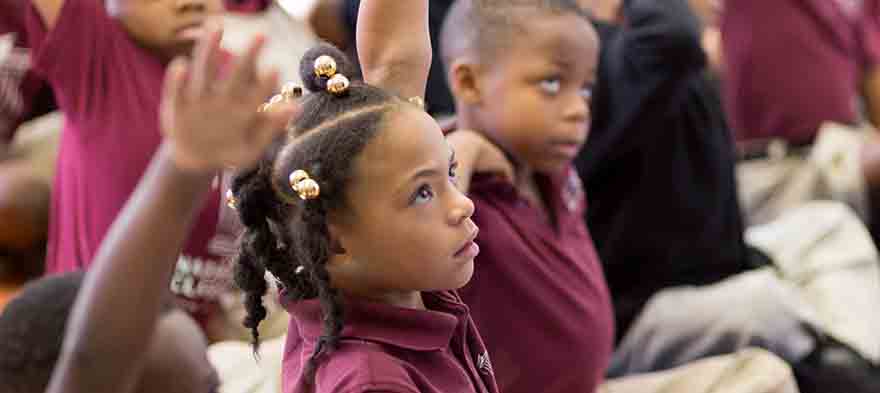
Mar 21, 2017 12:00:00 AM
To count as a mere nudge, the intervention must be easy and cheap to avoid. Nudges are not mandates. Putting fruit at eye level counts as a nudge. Banning junk food does not.We’ve realized the importance of small nudges for school quality. For example, we put tape down our hallways to help students walk in safe, quick lines. It sends a clear signal to families that the school is an orderly place, and they don’t have to worry about children running through hallways, bumping, pushing and yelling. At the same time, every classroom has a class mascot and cheer, visible from its front door. It sends a clear but different signal. This is a warm, joyful place.
Charlie Friedman is a 2006 graduate of Yale University where he graduated with honors in English language and literature. In 2008, he earned a master's in education with distinction from the University of Pennsylvania. Originally from New York City, Friedman moved to Nashville in 2011 to start Nashville Classical. The school opened in 2013 with 89 students in kindergarten. Nashville Classical will eventually grow to grades K-8.
Few issues in education spark more tension and debate than standardized testing. Are they a tool for equity or a burden on students? A necessary check on school systems or a flawed measure of...
Charter schools are public schools with a purpose. Operating independently from traditional school districts, they're tuition-free, open to all students, and publicly funded—but with more flexibility...
Despite the benefits of a diverse teaching force, prospective teachers of color fall out of our leaky preparation pipeline at every stage: preparation, hiring, induction, and retention. Here’s what...
Ed Post is the flagship website platform of brightbeam, a 501(c3) network of education activists and influencers demanding a better education and a brighter future for every child.
© 2020-2025 brightbeam. All rights reserved.
Leave a Comment